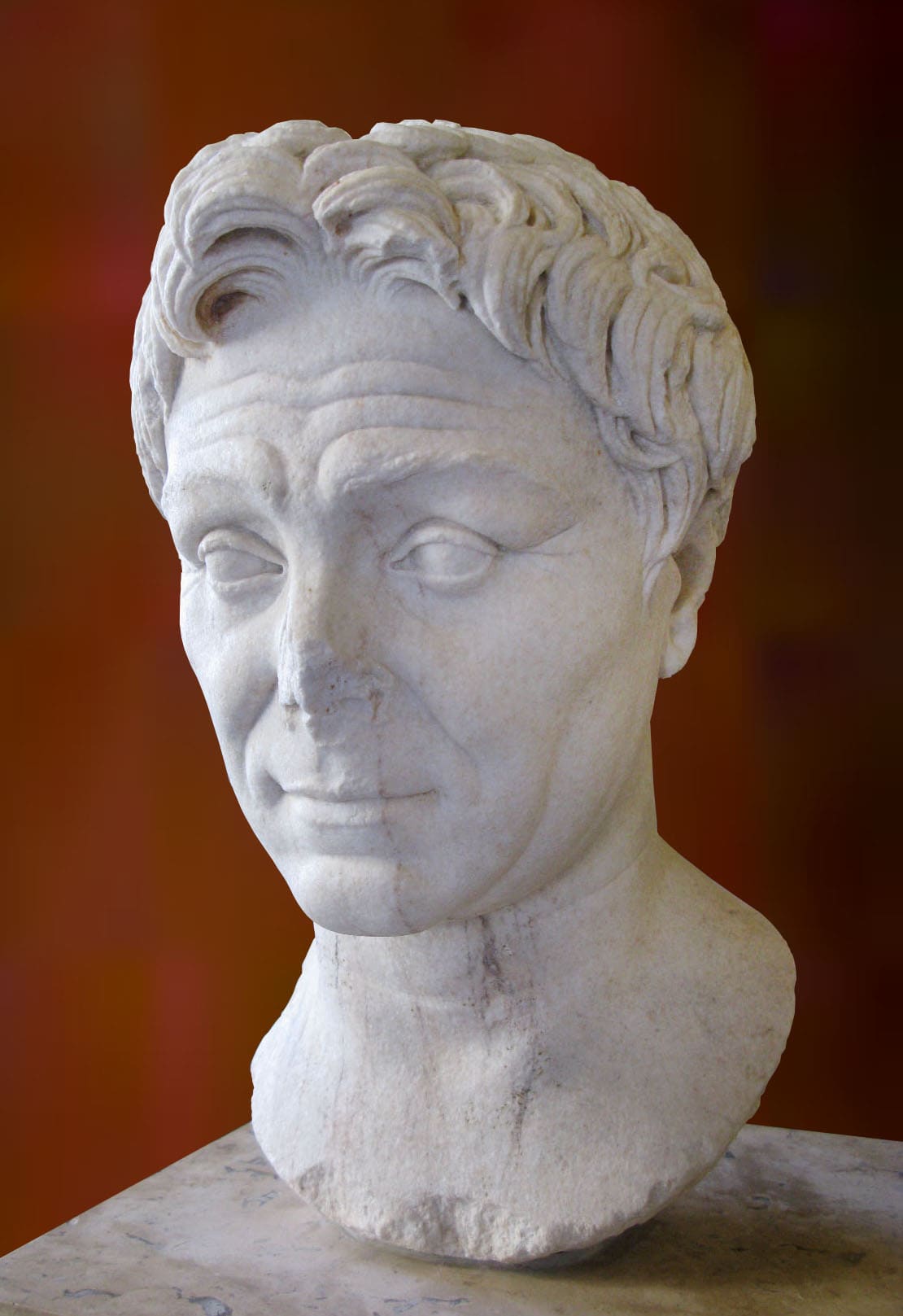
ADVERTISEMENT - CONTINUE READING BELOW
Pompey the Great Literally Made Kings
Gnaeus Pompeius Magnus, better known as Pompey the Great (106 – 48 BC), was one of the greatest statesmen and generals of the Roman Republic’s final decades. He partnered with Julius Caesar to jointly rule Rome in the First Triumvirate, before the duo fell out and fought a civil war that ended badly for Pompey. Before he was eclipsed by Caesar, however, Pompey had once dominated the Eastern Mediterranean, and engaged in one of history’s most ambitious bouts of kingmaking as he reorganized the region to suit Rome’s needs. Pompey was born into a powerful family, with vast holdings in Picenum in central Italy. His father was a general who became consul in 89 BC, and had a reputation for treachery, greed, and ruthlessness. Pompey’s father allied with the Roman general Sulla, and was killed in a civil war against Sulla’s Marian rivals in 87 BC.
Nineteen-year-old Pompey inherited his father’s vast wealth and, more importantly, his legions. Upon Sulla’s return to Italy from a war against Pontus, Pompey joined him with his inherited legion as he marched on and seized power in Rome. Sulla then sent Pompey to recapture Sicily and Africa from his Marian opponents, which the youngster accomplished in two lightning campaigns by 81 BC. After he executed the captured Marians, Pompey was hailed by his troops as Magnus, or “the Great”. After Sulla’s retirement, Pompey menaced the Senate and got it to appoint him commander of the war against the final Marian remnants in Hispania, which he eventually won after considerable effort by 71 BC. He took his army back to Italy with him, ostensibly to help put down Spartacus’ slave revolt, but in reality to guarantee his election to the consulship in 70 BC.

